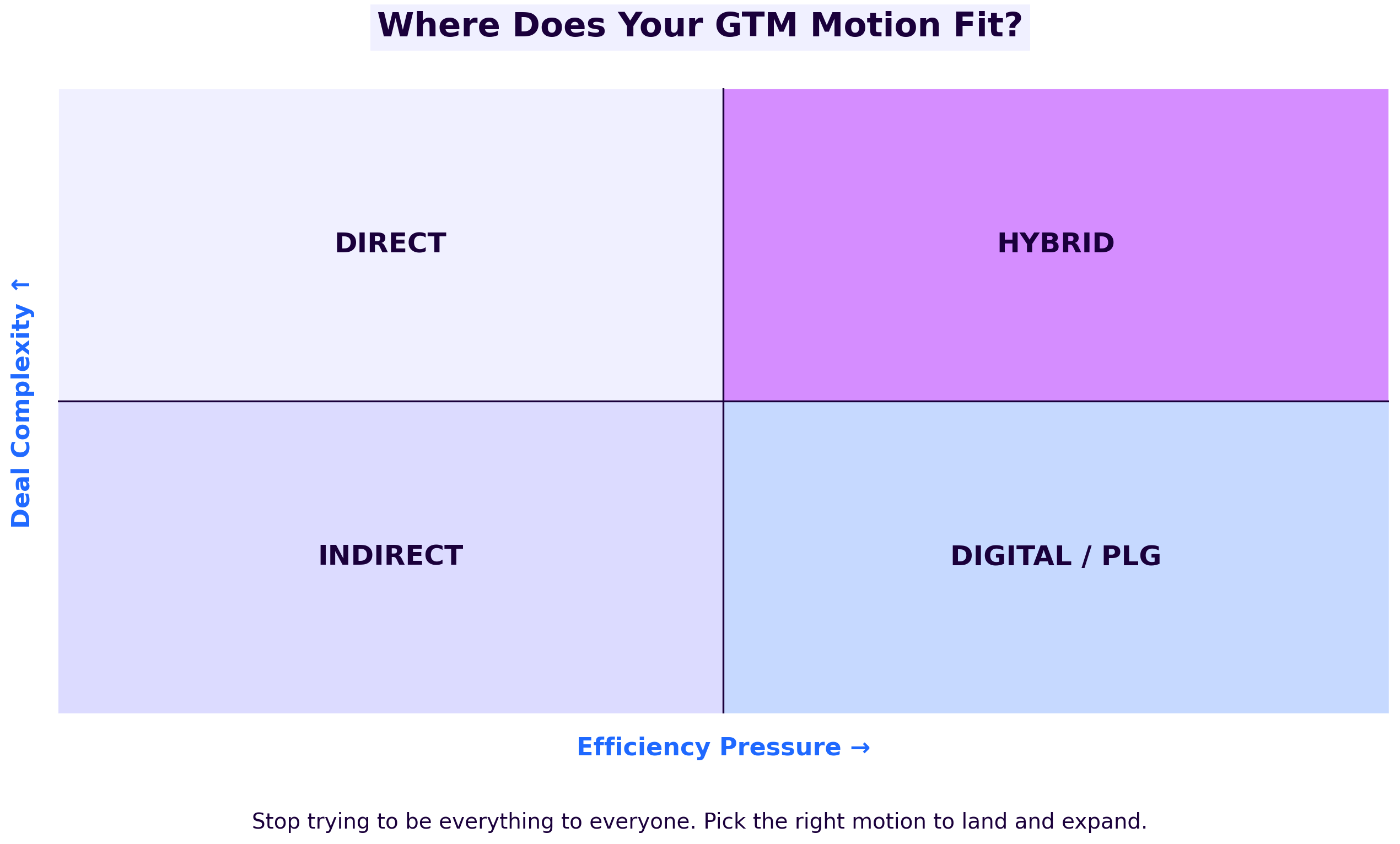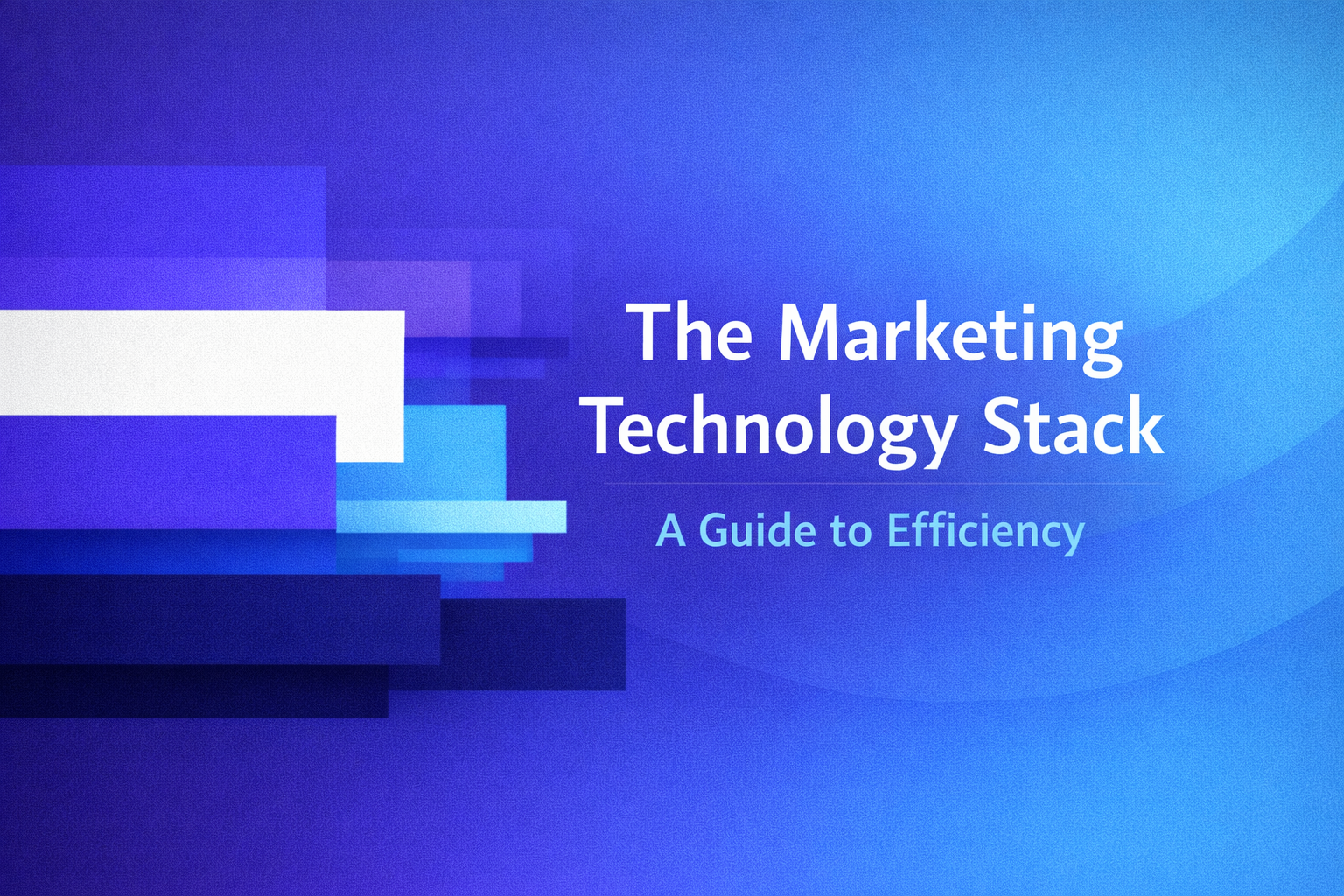Everything to Everyone?
Most companies are pretty good at figuring out their bets. They know the what (products) and the who (markets). That’s the easy part.

Discover key insights from the Fall 2024 CMO Survey by Duke, covering marketing budget trends, martech investments, and the revival of traditional advertising.
The Fall 2024 edition of The CMO Survey, directed by Professor Christine Moorman of Duke University’s Fuqua School of Business, provides valuable insights into current marketing trends and challenges. The survey indicates that marketing spending has increased by 5.8% over the past year, rebounding from a previous growth rate of 2.5%. However, marketers' optimism about the U.S. economy has slightly declined to 63.8 on a 100-point scale, down from 67 in Spring 2024, due to factors such as election uncertainty and lingering inflation worries.
In Outcome Marketing, we emphasize the importance of aligning marketing strategies with measurable business outcomes. The survey's findings highlight the necessity for marketers to adopt a results-oriented approach, especially in uncertain economic climates. By focusing on clear objectives and key performance indicators, businesses can ensure that increased marketing expenditures translate into tangible growth.
The survey also reveals that spending on marketing technology (martech) is expected to grow from 19% to 31.7% of marketing budgets over the next five years. Despite this significant investment, only about half of the purchased martech tools are currently utilized, and 55% of marketing leaders report a gap between expected and actual payoffs from these technologies.
This underscores a critical principle in Outcome Marketing: the need for strategic alignment when adopting new technologies. It's not enough to invest in the latest tools; businesses must ensure these technologies are integrated effectively into their marketing strategies and that teams are adequately trained to leverage them. By doing so, companies can maximize the return on their martech investments and drive meaningful business outcomes.
Furthermore, the survey indicates that traditional advertising spending has shown positive numbers for the first time in two years, and investments in brand building and customer relationship management are projected to double in the next 12 months. This aligns with our advocacy in Outcome Marketing for a balanced approach that combines both traditional and digital marketing strategies to build strong, lasting customer relationships.
In conclusion, the insights from The CMO Survey reinforce the principles outlined in Outcome Marketing. By focusing on strategic alignment, effective technology integration, and a balanced marketing approach, businesses can navigate economic uncertainties and achieve predictable growth.

Most companies are pretty good at figuring out their bets. They know the what (products) and the who (markets). That’s the easy part.

Why the Right People — in the Right Roles — Are the Engine Behind Outcomes

Why More Tools Don’t Create Better Outcomes — Clarity Does At some point in every growing business, someone looks at the marketing tech stack and...